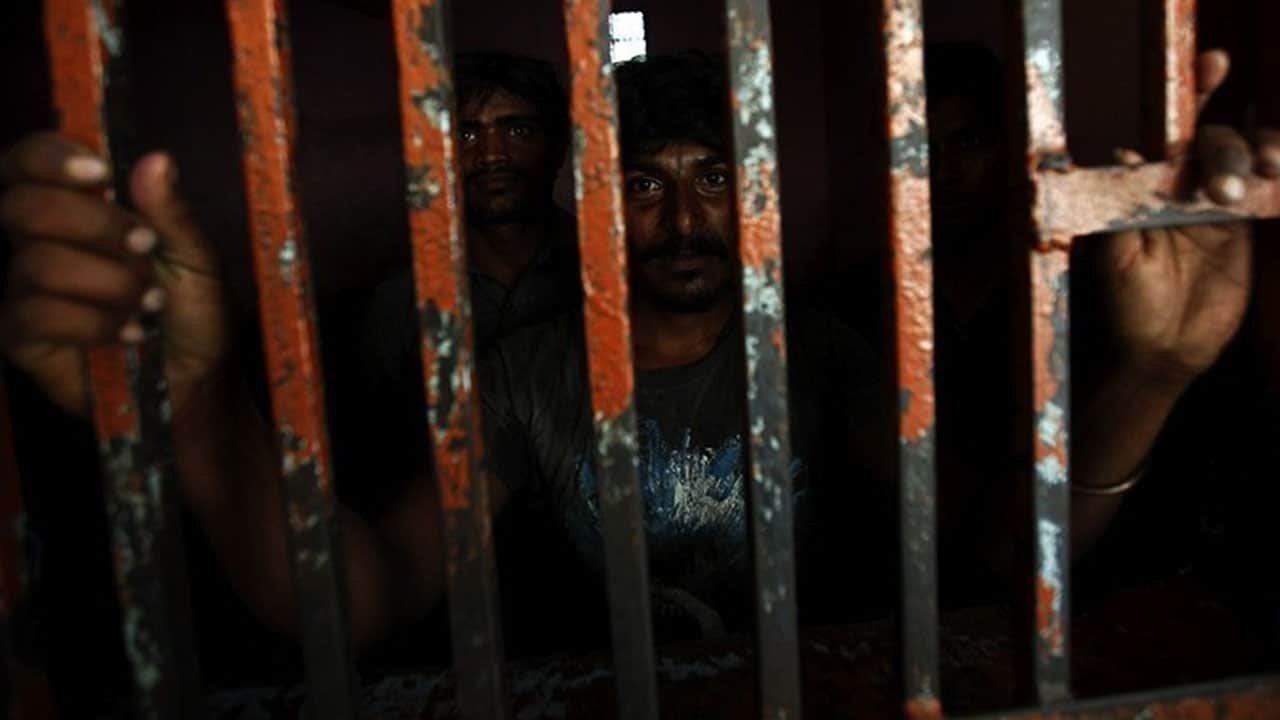According to a report released by Human Rights Watch, Pakistani authorities have systematically deprived prisoners of adequate health care, leaving thousands at risk of disease and death.
The report, titled “A Nightmare for Everyone: The Health Care Crisis in Pakistan’s Prisons,” highlights the widespread deficiencies in prison health care in Pakistan and the impact on a total prison population of over 88,000 people. Outdated and discriminatory bail laws have contributed to severe overcrowding, with most prisoners still awaiting trial or conviction.
Pakistan’s prison system is one of the world’s most overcrowded, with cells designed for a maximum of three people holding up to 15. This overcrowding has compounded existing healthcare deficiencies, leaving inmates vulnerable to communicable diseases and unable to obtain even basic health care, let alone emergency medical treatment.
Human Rights Watch interviewed 54 people, including former inmates, lawyers, prison health officials, and advocacy organizations working on prisoner rights, and found that the principal cause of overcrowding is the dysfunctional criminal justice system itself. Most inmates are under trial and have yet to be convicted, and the majority facing criminal trials are poor and lack access to legal aid.
The crisis in prison health care reflects deeper failures in access to health care across Pakistan, exacerbated most recently by an economic crisis. Corruption among prison officials and impunity for abusive conduct contribute to serious human rights abuses.
The report calls for urgent, systemic reform of Pakistan’s prison system, including changing bail laws, expediting the trial process, and prioritizing noncustodial sentences to reduce overcrowding. Pakistani governments at the federal and provincial levels should urgently adopt measures to bring health care in its jails and prisons in line with international standards, such as the Nelson Mandela Rules.







